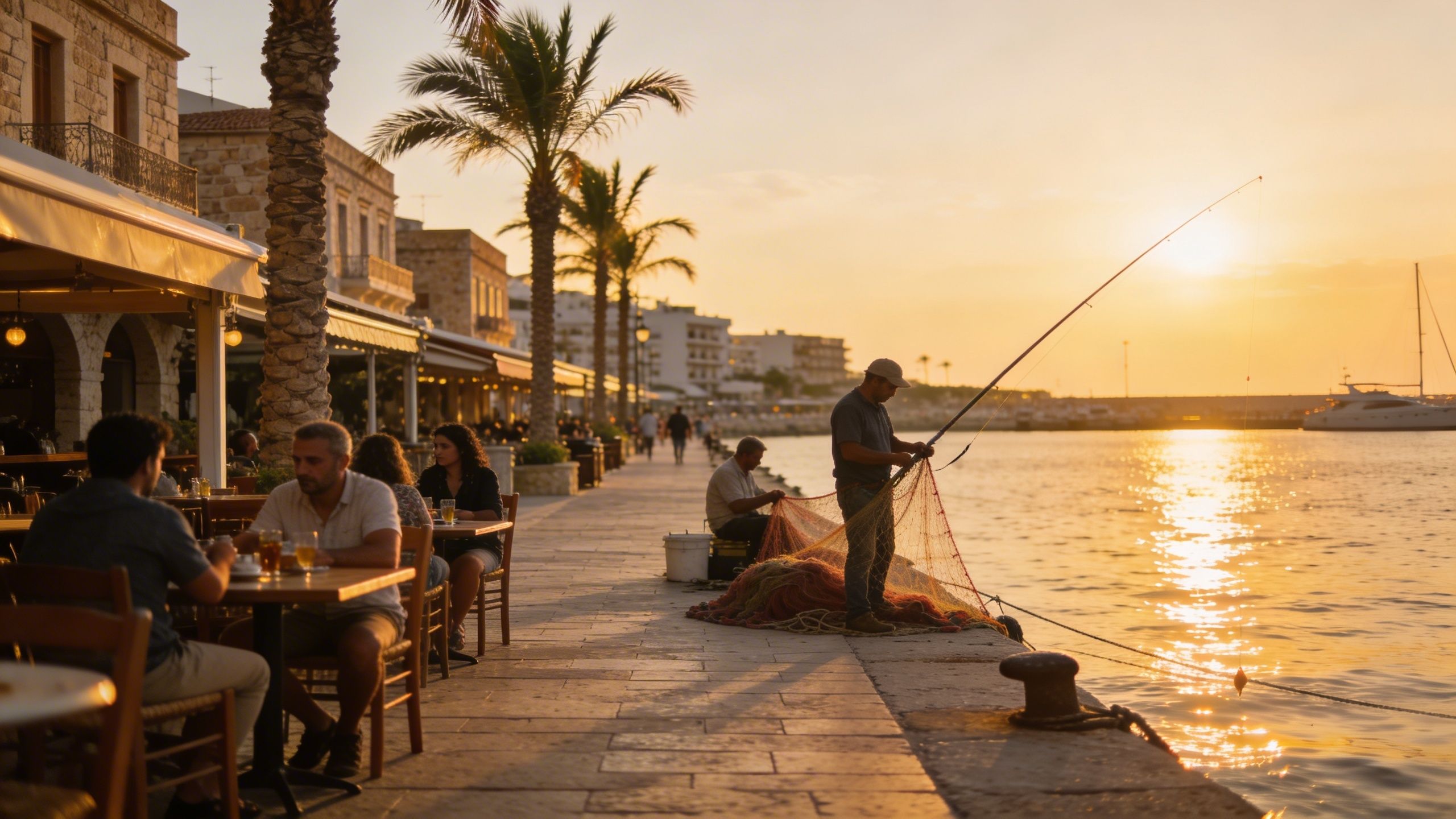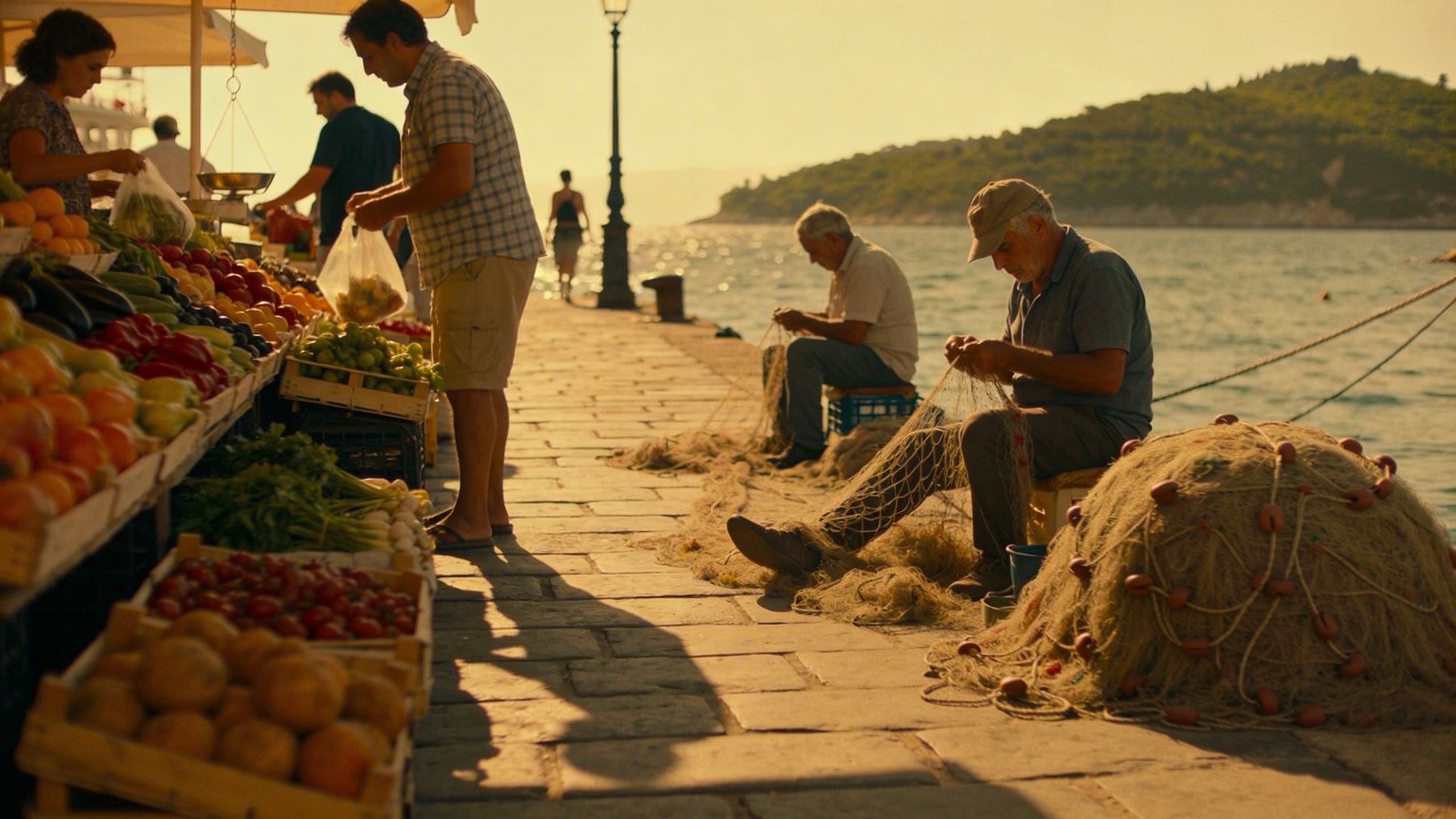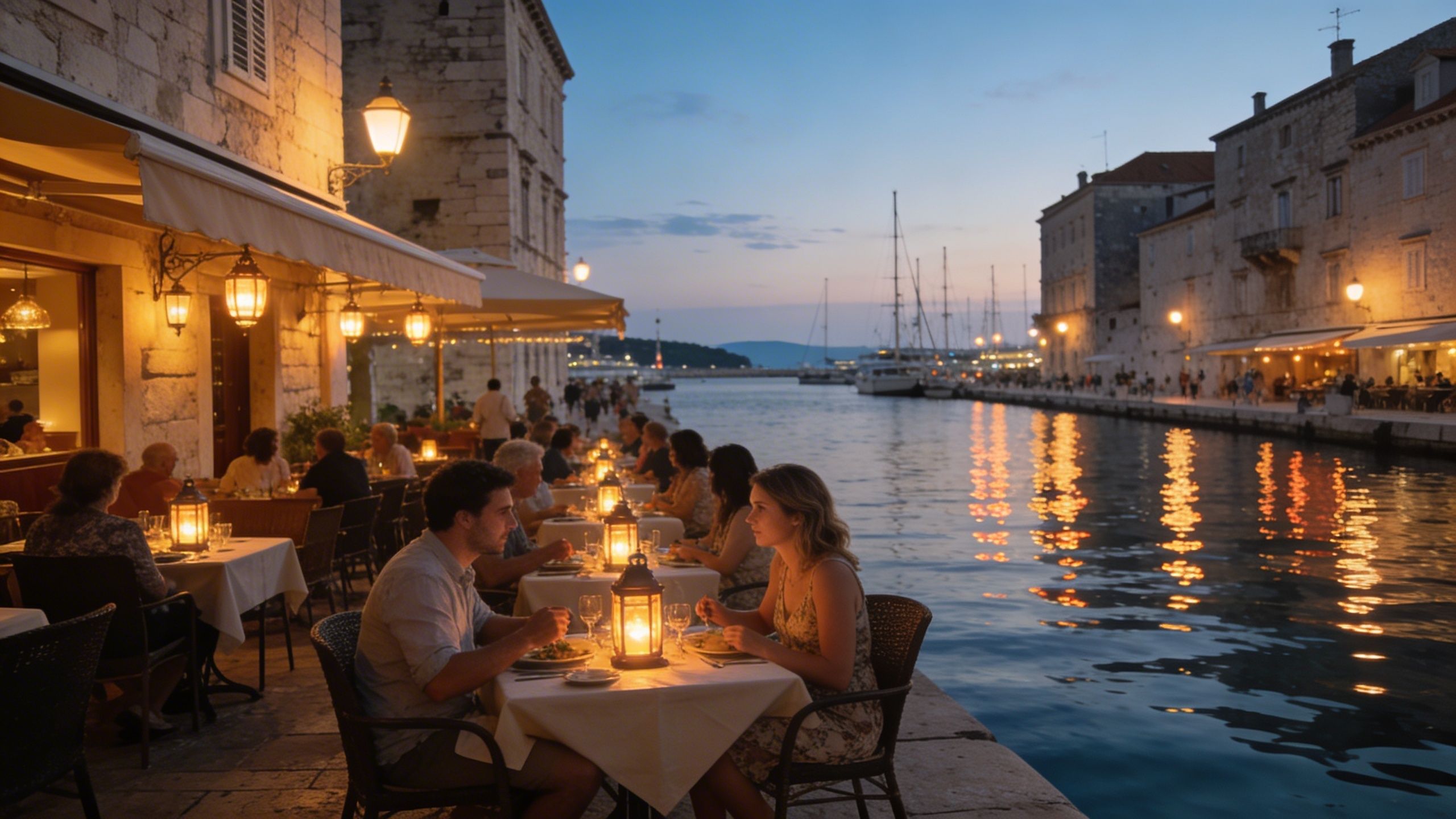How Croatia’s Neighbourhoods Shape Mortgage Choices
A lifestyle‑first look at buying property in Croatia — how neighbourhood character shapes mortgage choices, approvals for non‑EU buyers and practical financing steps.
Imagine a late‑afternoon espresso at Dolac market, the salt air from the Adriatic threaded through the streets of Split, and a quiet stone stair that leads to a roof terrace where the light lingers. Croatia rewards a slower, tactile way of living — markets, neighbourhood cafés, island ferries — and many buyers fall in love with that rhythm before they understand the paperwork that will let them keep it.
Living Croatia: texture, taste and everyday rhythm
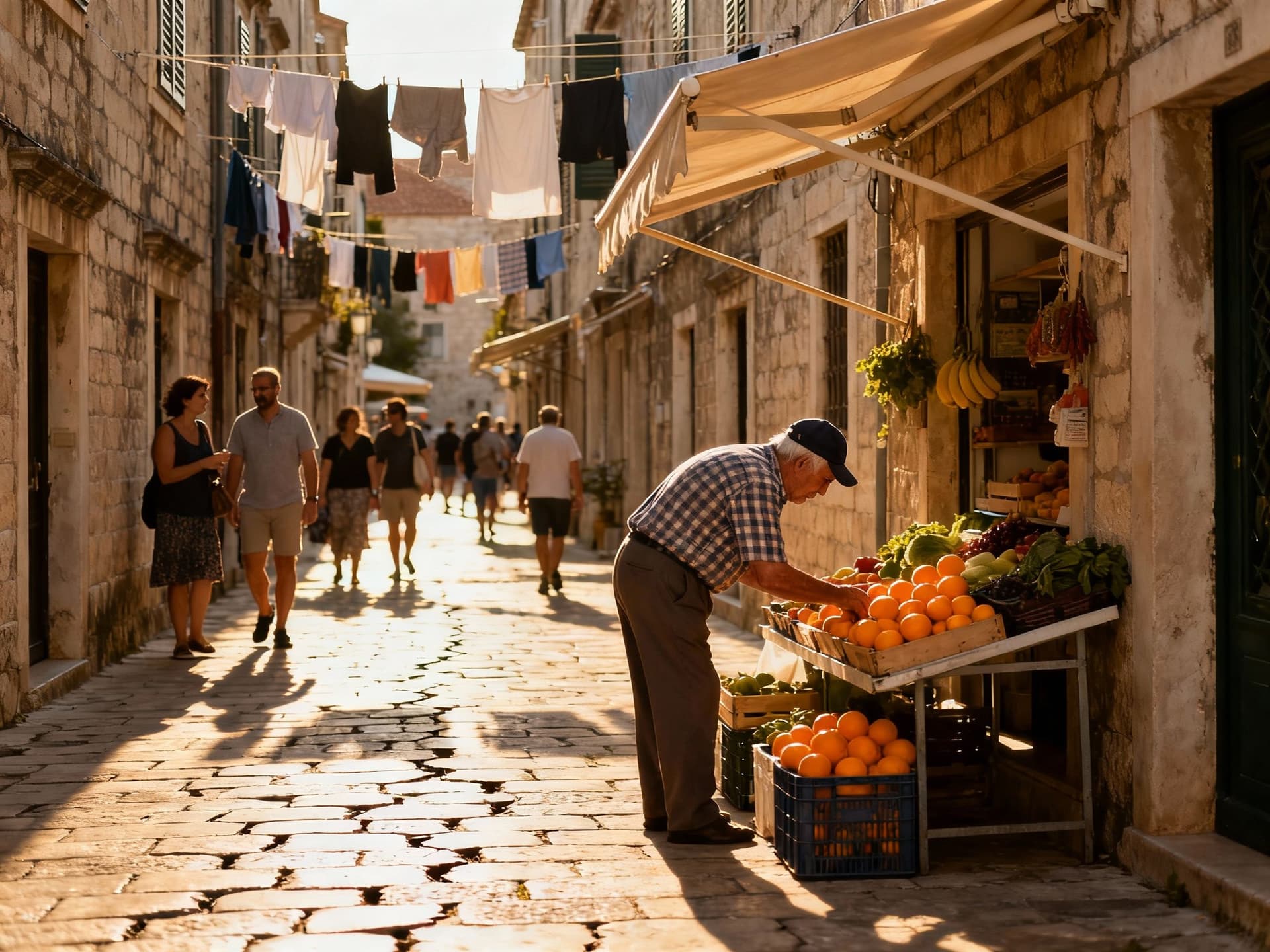
To picture life here is also to understand context: Croatian house prices rose noticeably through 2024–25, driven by demand on the Adriatic and renewed interest in regional towns. That uptick has changed which neighbourhoods feel attainable — and how buyers should think about financing when they imagine sitting on that terrace for the first time.
City corners and island afternoons
Zagreb keeps a quiet, civic elegance — Paseo‑like tree avenues, intimate bistros in Britanski trg and a calendar of concerts at Lisinski. On the coast, Split’s Old Town hums with markets at Pazar and cafés spilling from Marmont; in Dubrovnik the limestone streets take on a different stillness once the cruise ships leave. Islands such as Hvar and Vis feel like small communities with bakers who know your name and properties that range from stone cottages to discreet modern villas.
Food, festivals and seasonal life
Weekends are for markets: early‑morning fish stalls, citrus and figs in season, and slow long lunches that can stretch into evening. Festivals — from the Dubrovnik Summer Festival to tiny island days of patron saints — reshape how streets feel and, for buyers, when properties show best and worst. Practical note: the peak summer buzz can mislead valuation and livability assessments; experience the off‑season before you commit.
Making the move: bridging lifestyle and finance
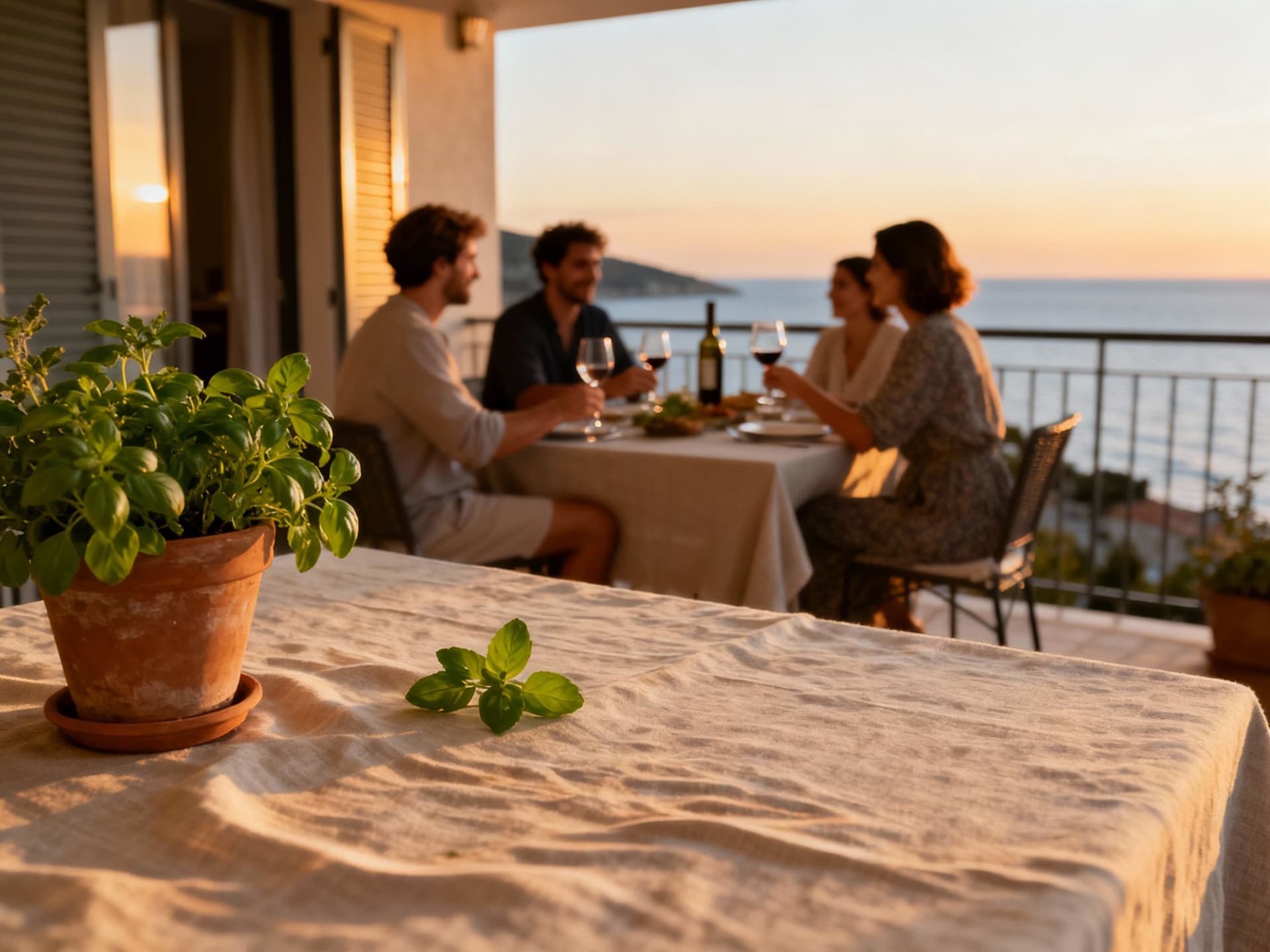
You will want to keep the romance of place while being rigorous about financing. In Croatia that balance often means mixing local expertise with a carefully chosen financing plan: part local lending, part foreign financing, and a clear view of taxes and approvals that can add time and cost to a purchase.
Property types and the practical tradeoffs
A stone Adriatic house with original beams and a small plot offers historic character and lower running costs; a new seafront apartment promises easier maintenance but higher purchase prices and communal fees. For financing, banks assess value, condition and location differently — older, heritage properties often require larger down payments or renovation contingencies in the loan appraisal.
How local experts translate lifestyle into lending
A Croatian agent or solicitor will not only open doors; they will translate neighbourhood character into lending criteria, advise on whether a property sits in a protected zone and assist with Ministry of Justice permissions for non‑EU buyers. Their role is to preserve the lifestyle you seek while ensuring the transaction satisfies local banks and regulators.
- Practical financing tips that preserve lifestyle
- Arrange a pre‑approval with a Croatian bank and, where possible, a parallel pre‑approval with a bank in your country of residence — it widens choices and often improves negotiating power.
- Budget for the 3% real estate transfer tax and notary/registration costs; these are paid by the buyer and should be in your cash flow plan.
- If you plan renovation, ask lenders how they treat works-in-progress (many require staged releases tied to audits).
Insider knowledge: what expats wish they’d known
Expats often discover that lifestyle and tax policy are intertwined. Recent policy moves to shift some tax burden onto property owners were intended to increase housing supply and discourage short‑term lets; for buyers this means understanding local exemptions and how long‑term rental rules can protect a lifestyle that includes seasonal letting.
Cultural and legal subtleties that affect day‑to‑day life
Language and pace matter. Official paperwork, cadastral extracts and municipal permits often arrive in Croatian; a solicitor who reads both the language and the local administrative temperament saves weeks. Neighbours value discretion — attend local markets, learn a few phrases, and the community will often become your best ally for maintenance and care.
Long‑term lifestyle thinking: stewardship, not speculation
Consider the property as something you steward. The national index shows steady appreciation in many regions; pairing that with careful renovation and local management turns a house into a legacy asset rather than a short‑term play. That stewardship approach also aligns with how Croatians think about property and place.
- Step‑by‑step: how to combine lifestyle selection with practical finance (six steps)
- Visit in two seasons — high summer and quieter spring or autumn — to assess true livability before arranging mortgage offers.
- Secure a local solicitor and agent who specialise in cross‑border purchases; ask specifically about Ministry of Justice timelines for non‑EU buyers.
- Obtain pre‑approval and a written list of conditions from your lender; have contingency funds for required renovations that affect valuation.
- Factor in transfer tax, notary and registration fees, and potential local property taxes when modelling carry costs.
- If you are non‑EU, start Ministry of Justice consent early; it can be procedural but may take several weeks.
- Plan management and insurance for the off‑season — trusted local contacts protect both property and lifestyle continuity.
Conclusion: If Croatia feels like a life you want to live, treat financing as the craft that secures that life. Start with the scenes that draw you — a market morning in Rijeka, a late supper in Hvar — and then assemble the local expertise that turns those scenes into a sustainable home. The right agent and solicitor will preserve the atmosphere you fell for while translating it into a disciplined, well‑financed purchase.
Relocating from London to Mallorca in 2014, I guide UK buyers through cross-border investment and tax considerations. I specialise in provenance, design integrity, and long-term value.
